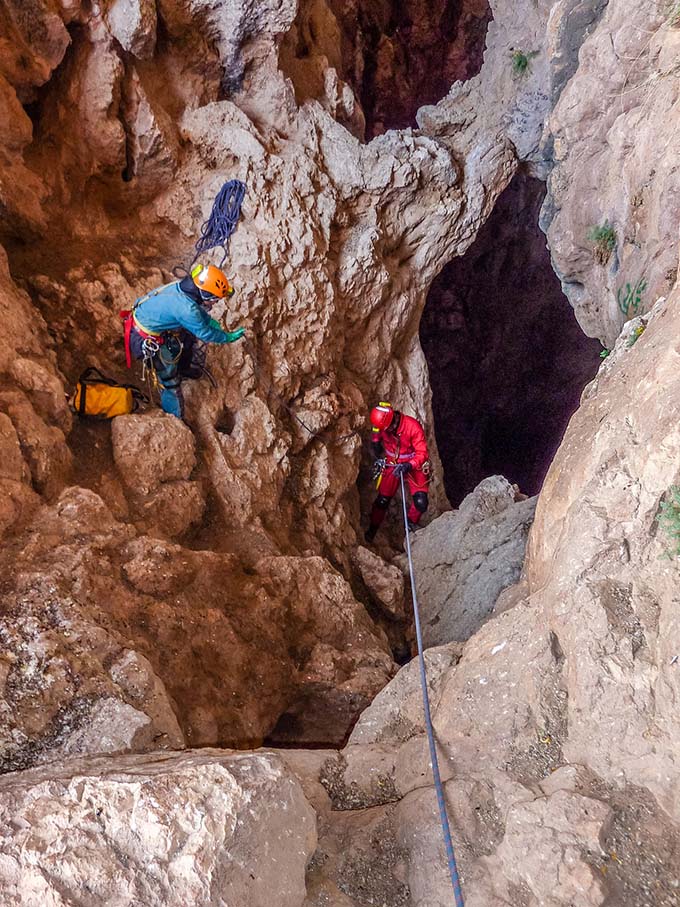Anthropocene
Our world-leadingmultidisciplinary research on the Anthropocene makes major contributions to both understanding and mitigating the effects of human activity, including human-environment interactions. The ‘Anthropocene’ encapsulates the idea that we are living in a new global epoch in which human and natural systems are inextricably linked; formerly resilient systems have been pushed into altered and degraded states, with humanity as the key agent in planetary-scale change. Newcastle University’s Anthropocene Research Group (https://research.ncl.ac.uk/anthropocene/) is developing and fostering innovative, transformative ways of working to analyse and design sustainable responses to intensifying global change. We have key excellence in:
Also see Climate and Climate Change
Available Anthropocene studentships can be found here

Pollution and the water-food nexus
Newcastle University research has a long track record of research into the source, transport and fate of metals in post-industrial river catchments and low-cost treatment options. Our research established the scale of abandoned base metal mine pollution in England and Wales and has shaped Defra strategy in addressing pollution from abandoned mines. Our research has also demonstrated the critical role of diffuse pollution in governing absolute metal flux from upland catchments. We work with Newcastle City Council to measure the bioavailability/bio-accessibility of metals and pollutants and associated risks to human health and have developed inexpensive biosensors for monitoring of groundwater and waste- or drinking-water quality. Newcastle University research also simulates the dispersion of plastic waste and marine litter in the ocean. We envision such biosensors can used by DTP students to monitor water quality changes induced by climate change, e.g. monitoring effects of peatland recovery from acid rain. We also examine the impact of air pollution, linked with nearly 8 million deaths worldwide, most in low and middle income countries.
Carbon management
Newcastle University have extensive experience in management of soils to enhance carbon capture through CO2 removal and are part of NERC’s £7m Greenhouse Gas Removal programme, focusing on CO2 removal to form soil carbonates, with important contributions to understanding the impacts of fossil fuel extraction and exploitation. Substantial research investigates the chemistry of peatlands and relation to peat stability in the soil water continuum. We also link to Glacial and cryospheric systems through research quantifying the effects of changing sea ice cover on organic matter quality, benthic biodiversity, biological transformations of carbon and nutrient pools at the Arctic Ocean seafloor, controls on methane emissions from deep sea methane seeps and mechanochemical mechanisms for hydrogen generation beneath glaciers. In complementary research, Northumbria focuses on terrestrial sources: carbon release and freshwater intensification related to permafrost thaw. Northumbria is a member of the Marie Skłodowska Curie Innovative Training Network “MicroArctic" and with the goal of training the next generation of Arctic Scientists.
Human-environment interactions
Newcastle University research has tested the potential of a new laser scanning approach to measure water content of forest canopies, as a measure of drought stress and indicator of disease. Unmanned aerial vehicles and airborne LiDAR, hyperspectral and thermal imaging are used to assess vegetation condition and dynamics. Our ecosystems experts examine the impacts of climate change on macrofauna and flora, globally, and our mathematical modellers work with the Defra Plant and Tree Health team on models to predict and mitigate the impact of threats centred around invasive species, with links to climatic effects. Northumbria’s Ecosystem Science provides expertise in mainstreaming nature into policy and decision making.








